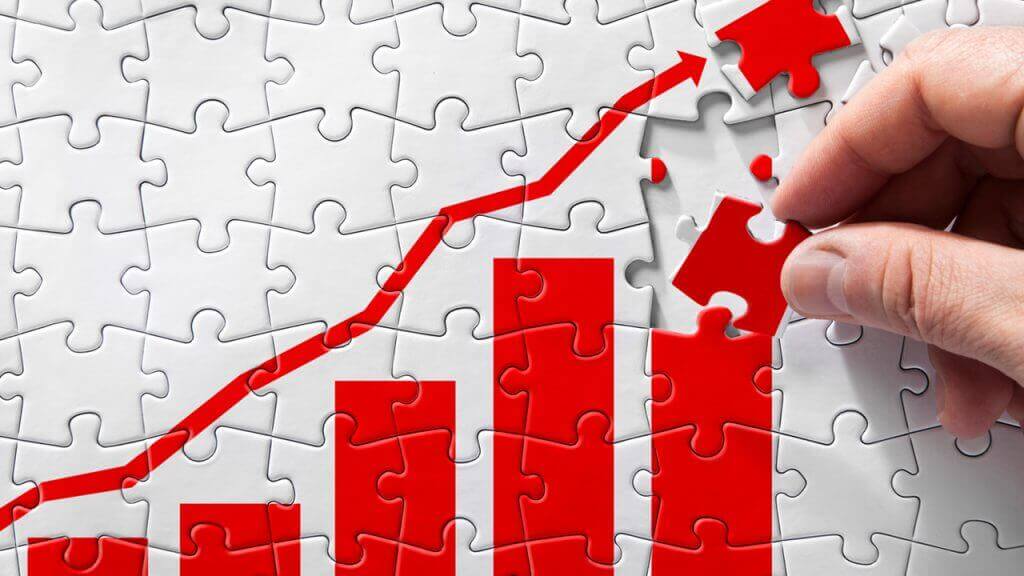
Forecasting in the hotel industry involves predicting future demand for rooms and other hotel services.
NB: This is an article from Demand Calendar
This can help hotel managers make informed decisions about pricing, staffing, and marketing strategies. Hotel forecasting can be challenging, as it involves anticipating and responding to many variables. However, it is an essential aspect of hotel management, as it can help hotels maximize revenue, optimize operations, and improve the overall guest experience.
Subscribe to our weekly newsletter and stay up to date
Several factors can influence demand for hotel rooms, including the time of year, local events and attractions, and overall economic conditions. Hotel revenue managers may use various tools and techniques to make accurate forecasts, such as historical data, market research, and industry benchmarks. This blog post answers many of the commercial team’s challenges when setting up the most productive forecasting process in a hotel group or an independent hotel.
Why is forecasting important to hotels?
Forecasting demand for overnight accommodation is crucial because it helps hotels plan for the future and make informed business decisions. Accurate demand forecasting allows hotels to optimize their room inventory, pricing, and staffing levels to meet the expected demand.
A good understanding of future demand helps hotels plan for peak periods and ensure enough rooms available to meet the expected demand. It allows hotels to identify opportunities to sell rooms at higher prices during times of high demand while avoiding overbooking or selling out at a low rate.
Demand forecasting also helps hotels optimize their staffing levels by allowing them to plan for the number of employees they will need to schedule for cleaning rooms and servicing guests. This can help improve operational efficiency and reduce labor costs while ensuring that the hotel can provide good customer service to guests.
Overall, forecasting demand for overnight accommodation is a crucial aspect of hotel management and helps to ensure that hotels can meet their guests’ needs and reach a healthy profit level.
What is total revenue forecasting in hotels?
Hotels have focused on forecasting rooms and room revenue and have yet to pay much attention to other revenue sources. Now, hotels take more interest in all revenue sources to maximize the total revenue. Total revenue forecasting in the hotel industry involves predicting the total revenue a hotel will likely generate over a given period.
Total revenue forecasting is essential to financial planning and budgeting for hotels. It helps hotel managers and owners anticipate their business’s financial performance and make informed resource allocation and investment decisions.
The hotel revenue manager may use various tools and techniques to create a total revenue forecast, including historical data on occupancy rates, ADR, length of stay, industry benchmarks and trends, market research, and economic indicators. The revenue manager may also use data from reservation systems and revenue management software to make more accurate predictions.
Once the total revenue forecast has been created, hotel managers and owners can use it to set revenue generation targets, identify growth opportunities, and make informed decisions about pricing, marketing, and other operational strategies.
Who is responsible for forecasting in hotels?
In a hotel, forecasting is typically the responsibility of the revenue management team or department. The revenue management team is responsible for maximizing the revenue and profitability of the hotel by forecasting demand and setting pricing strategies. They use various tools and techniques to forecast room demand and other revenue-generating areas of the hotel, such as food and beverage, meetings and events, and spa services.




